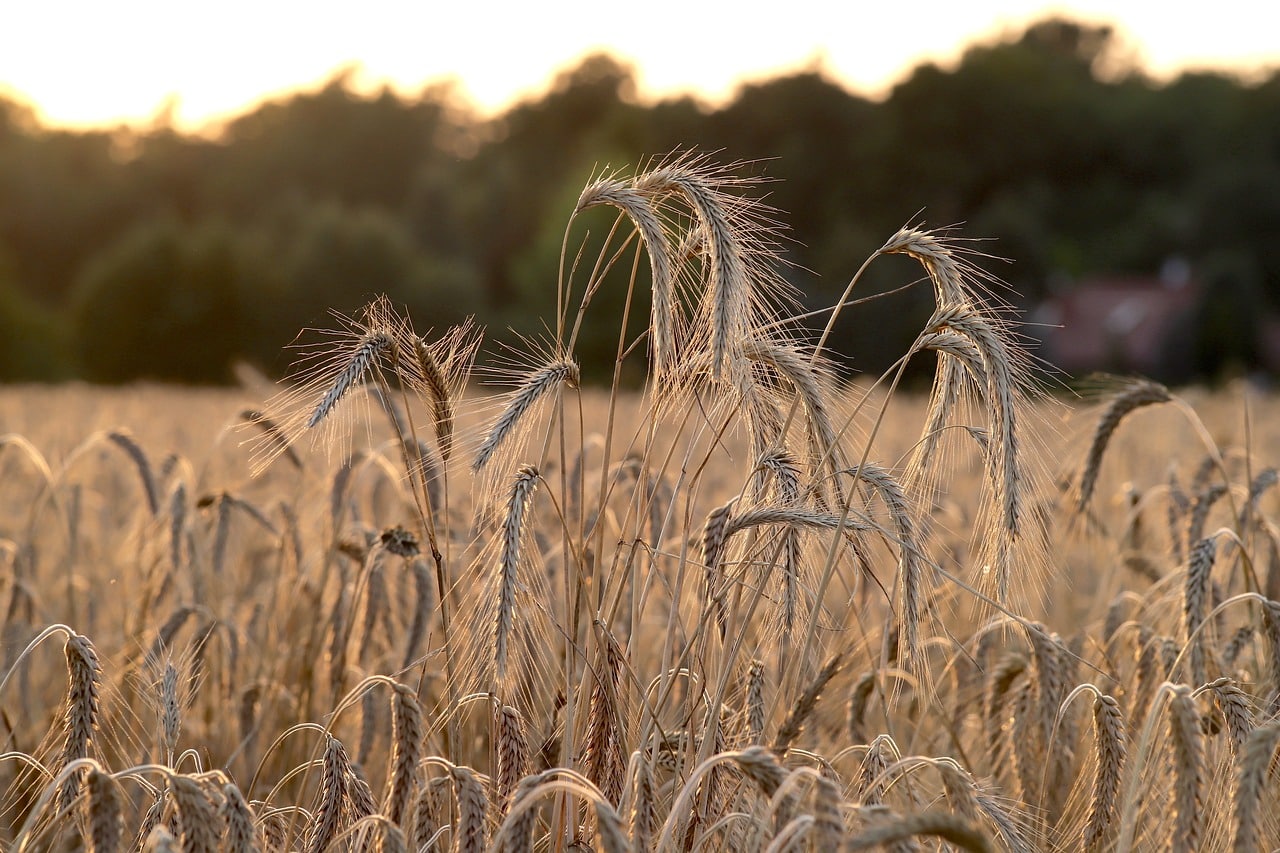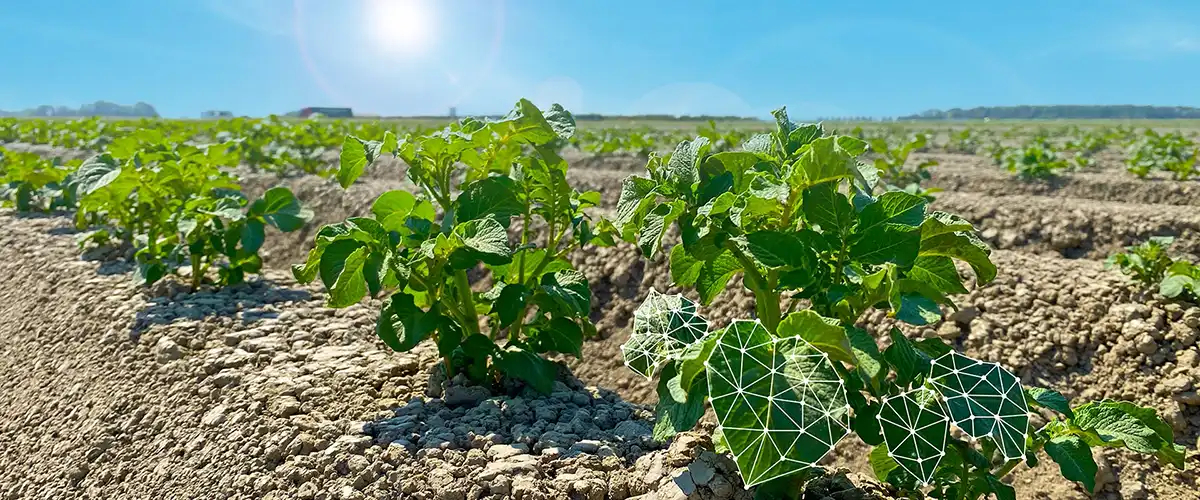A study from Vilnius University — a public research university, which is the first and largest university in Lithuania —is highlighting the resilience and ingenuity of ancient agricultural systems, showcasing the dynamic relationship between environmental challenges and human innovation. Through the analysis of archaeological evidence and historical records, researchers reconstructed past crop repertoires, revealing how communities diversified their agriculture to maintain food security in shifting conditions.
This research deepens our understanding of historical farming practices and provides valuable insights for modern agriculture, according to a press release. As today’s societies grapple with increasing climate variability and socioeconomic uncertainties, the adaptive strategies of the past can help shape more sustainable agricultural practices and policies for the future.
“Recent drying-up processes and increased risk of prolonged heatwaves and subsequent droughts are challenging our socio-political resilience and demand a rethinking of global food production strategies,” says environmental scientist Dr. Michael Kempf. “Reconsidering drought tolerant species, therefore, can help mitigate the long-term effects of current global warming,”
Prof. Motuzaite Matuzeviciute says It is due to the Little Ice Age that the staple foods such as rye bread and buckwheat porridge came to dominate the cuisine of northeastern Europeans. “Warming climates might lead us back to forgotten millet crops.”
Located at the crossroads of multiple climatic zones, northeastern Europe is a marginal agricultural region where buffer crops are essential for maintaining food security amid changing environmental conditions.
“Natural conditions, agriculture, and gastronomic culture have always been closely interconnected,” says Prof. Rimvydas Laužikas. “Gastronomic culture is more inert, meaning that environmental changes first affected agriculture and only later became apparent in the kitchen. Therefore, studying these processes is essential for understanding both past and contemporary societies.”
For more details, see the full study: “The Shifting of Buffer Crop Repertoires in Pre-Industrial North-Eastern Europe” at Nature Scientific Reports.
This research was funded by the European Union with a Consolidator Grant awarded to Giedre Motuzaite Matuzeviciute (ERC-CoG, MILWAYS, 101087964)













